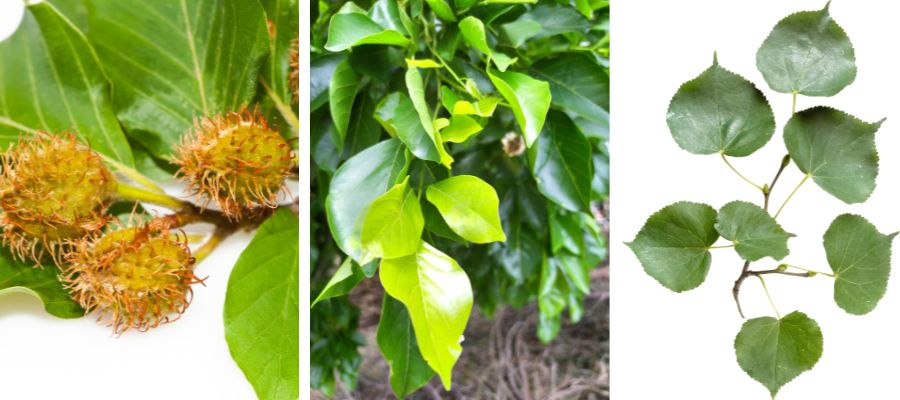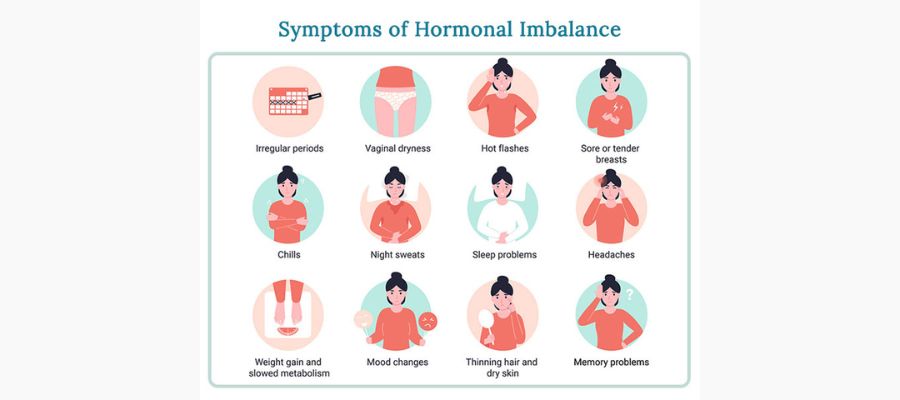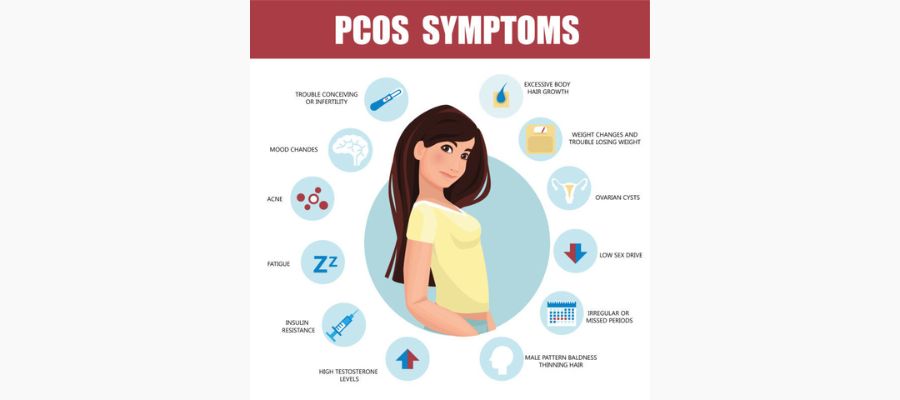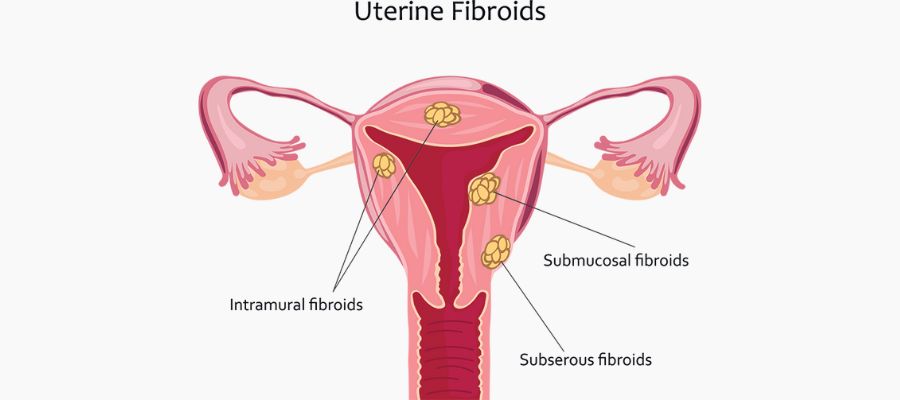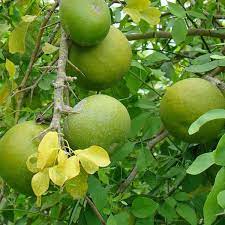
SCIENTIFIC NAME: Aegle marmelos
HINDI NAME: Bilwa, Bael
ENGLISH NAME: Bengal Quince
FAMILY: Rutaceae
SHORT DESCRIPTION
Bilwa is one of the Dashamoola herbs (a Group of ten roots) & is said to be a good source of vitamins. All components of the Bilwa tree (root, leaf, fruit, and seeds) can be used to treat a variety of ailments. Bilwa can be consumed as a fresh juice in the summer, as well as Bael tea, squash, murabba, and candy. In medicinal uses, it is utilised as a powder, capsule, or tablet. Unripe Bilwa fruit helps heal ailments caused by Vata and Kapha dosha imbalances. Because of its astringent, bitter, and pungent flavour, as well as its anti-inflammatory properties, it considerably aids digestion and other metabolic functions.
USES & HEALTH BENEFITS
- Effective in ulcerative colitis and chronic diarrhoea
- Improves digestive functioning
- Control cholesterol levels
- Cardiotonic
- Manages cough as it is an expectorant
- Aids in cure of urticaria
- Liver protective herb
- Wound healing action
PRECAUTIONS & SIDE EFFECTS
- It is typically recommended to keep blood sugar levels in check while using Bael.
- Large amounts of unripe bilwa might induce constipation.
HOW TO USE
- Bilwa leaves are high in vitamin C and can help heal scurvy.
- Bilwa leaf decoction with black pepper also aids in the treatment of constipation by loosening the faeces due to its laxative properties.
- unripe Bilwa fruit pulp combined with sugar or honey has been shown to be particularly beneficial in the treatment of diarrhoea, dysentery, and other gastrointestinal diseases.
- Massage Bilwa leaf powder into the scalp with coconut oil to promote hair development.
- Bilwa pulp may be used as a face pack to offer you younger-looking skin.
- The consumption of Bilwa fruit during pregnancy aids in the reduction of vomiting.

